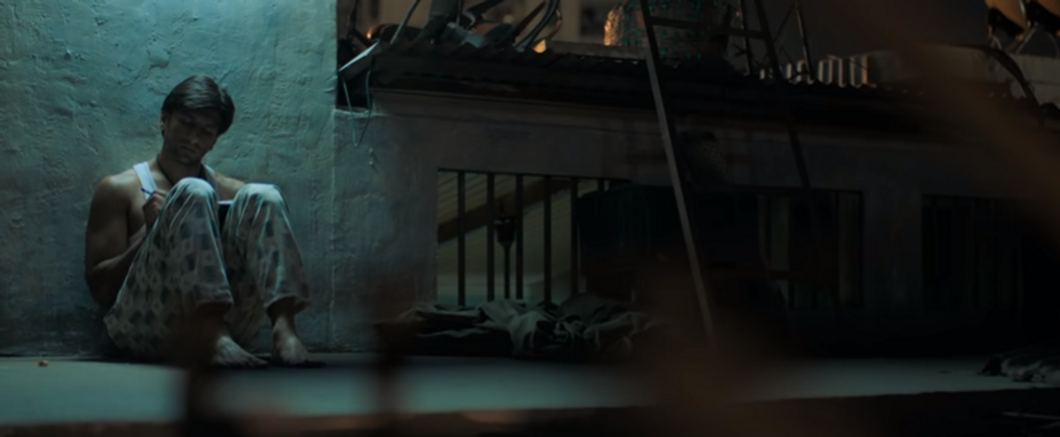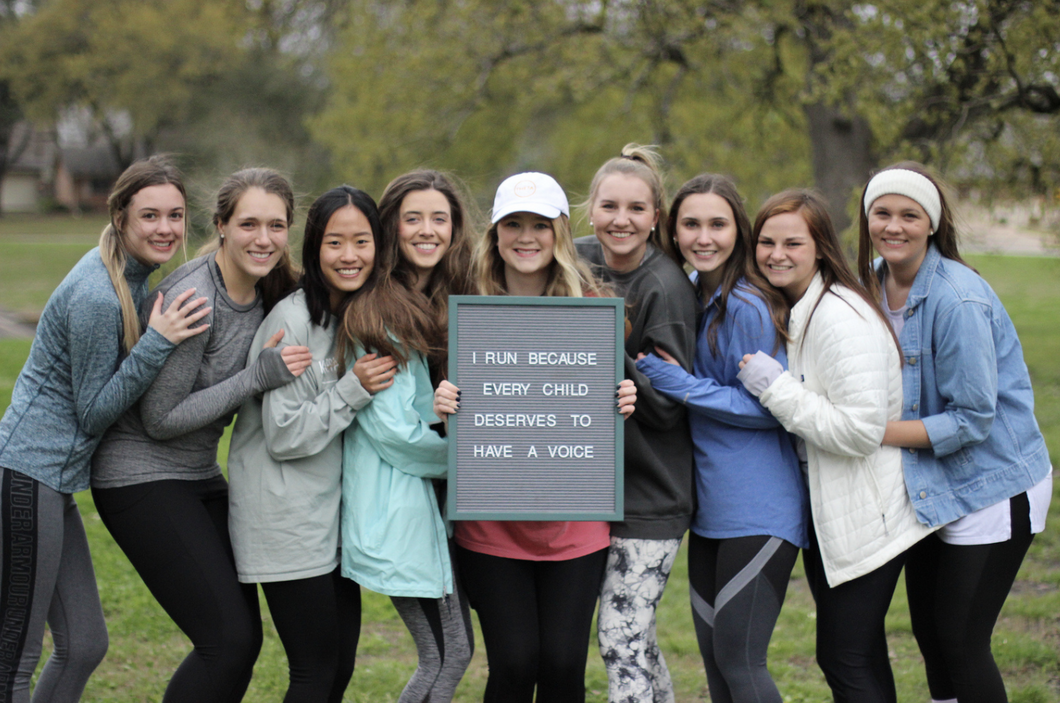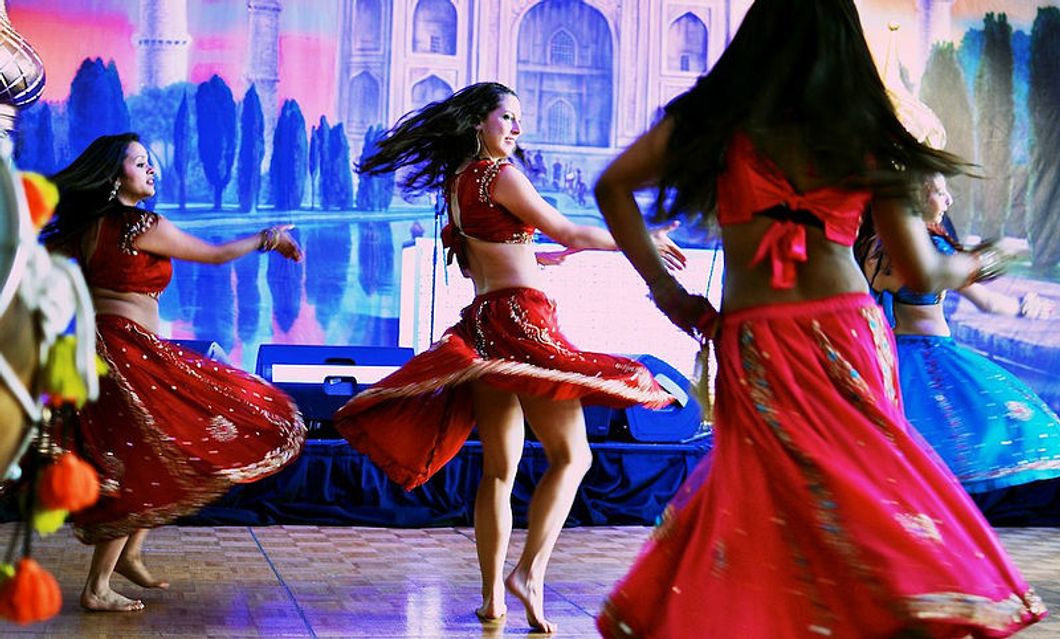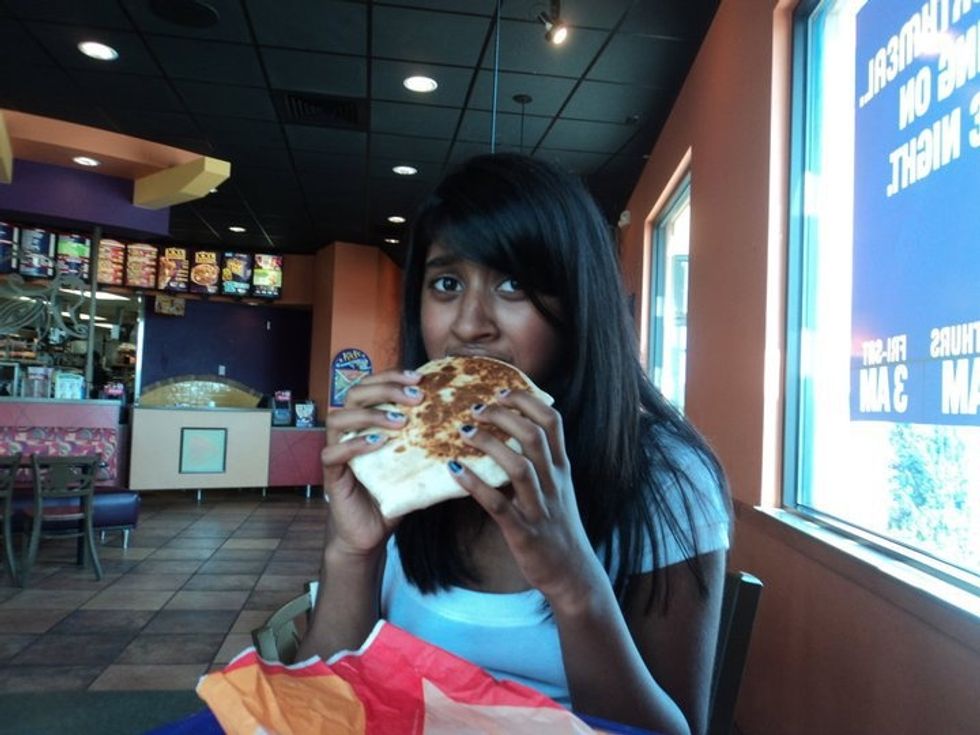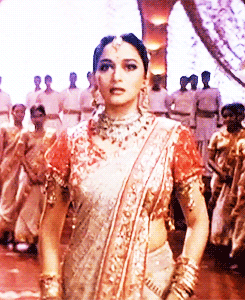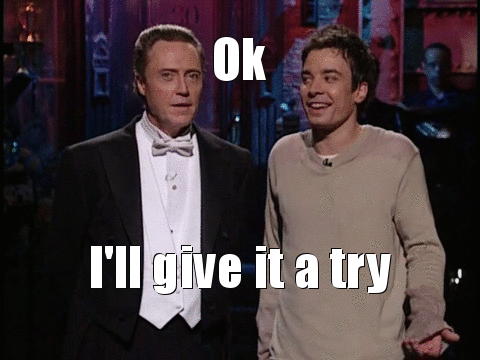'Gully Boy' Breaks The Bollywood Mold To Tackle Indian Classism Through Rap
Ranveer Singh in his new film "Gully Boy" tells the timeless story of struggle and youth fighting the system, while rapping flawlessly in Hindi.
While the film does have amazing musical numbers, "Gully Boy" is not your average Bollywood film. Based on a true story, a young college student from a poor district in Mumbai aspires to become a rapper. In the midst of his journey, he struggles to deal with disapproval from his family who depends on the security of a future income.
What makes the film so great is its coverage of taboo topics in Indian society, one of them being domestic abuse. The main character, Murad (played by Ranveer Singh), is pushed to confront his abusive father when he starts attacking Murad's mother in front of their neighbors. Domestic abuse is rarely discussed in India, and is brushed away as a part of marriage, so much so that even women feel silly for making "complaints" to other women.
When Murad restrains his father and orders him to stop, his paternal grandmother points at his mother and tells her she didn't raise her son well. When Murad, his mother, and younger brother leave their home, his grandmother exclaims "what about me? Who is going to take care of me?" His response speaks for all children of such households: "Your son will take care of you. You raised him so well, right?"
Indian society teaches children to not get involved in their parents' discussions and arguments, but as Murad becomes more of the person he aspires to be, he is confident in standing up for himself and his mother. No longer trapped by the guilt of being someone he's not, Murad is able to break the strict rules of Indian society, just as he broke them to rap.
An overarching theme that drove this movie, and most movies about "the struggle," was the extremely classist society keeping him from pursuing his dreams. His father insists that their destiny is laid out for them, and it's obvious that his aggression comes from being scared and jealous of his son's success. Being a Muslim minority of a lower economic status makes Murad's success so great, showing that his humility and belief in his talent led him to abandon the so-called "destiny" society served him.
Mixed with heart-warming, hype, old-fashioned rap, the film is revolutionary as a Bollywood film. It tackles modern, relevant topics that youth can relate to. They can see themselves as any of the several young characters, each facing problems of today.
For all the youth waiting for their own moment of success, of freedom from your predestined so-called fate, all I can say is: "Apna time ayega."

